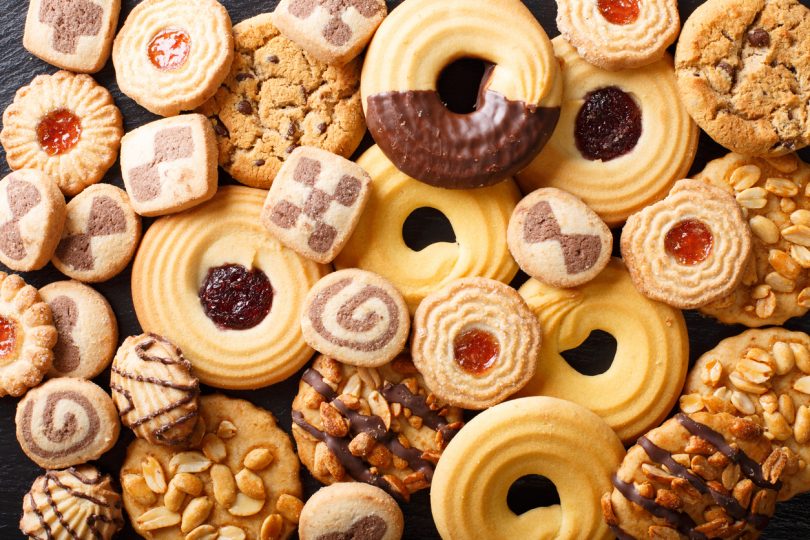It seems to be a part of everyday lexicon to refer to a general food item that veers off track from one’s intended healthy eating habits as a “treat” on a “cheat day.” But who are you really cheating? Is there a diet authority figure — akin to a parent — who is being rebelled against by cheating and willfully not following the rules? Who made these rules? And why are they so stringent that one feels it necessary to schedule into their lives a day/time/occasion in which to assert willpower to cheat, as if this is a ritual?
Rituals & Memory
First, a bit about rituals. Rituals come from an associated memory of past experiences. We look forward to rituals, altering our physiology by establishing a habitual behavioral pattern. If the pattern is not repeated we have symptoms similar to withdrawal, with the intensity of that withdrawal dependent on the substance involved.
Studies have shown that the memory of an experience is often better than the re-enactment of it. In other words, that cookie may not provide the same enjoyment you remember. Contributing to potential cycles of impulsive/automatic eating are elevated cortisol and ghrelin hormones from sleep deprivation and daily stresses, along with dopamine from the sugar and fat in the cookie.
Ambivalence & Automatic/Impulsive Eating
Treating yourself with the substance you have removed from your new daily ritual perpetuates a cycle of ambivalence and relapse. Honing skills in self-management and self-regulation will shift this cycle. Self-management refers to one’s ability to establish and follow rules or structure, whereas self-regulation refers to the internal processes we utilize to manage the physiological drive — in this case, hunger — with psychological impulses.
Most dieting is a self-management method. Essentially, one is given a “diet plan,” with the hope that education, rules and structure will help achieve one’s goals. Within the plan is a scheduled cheat day — an opportunity to “treat” yourself to a food item as a reward for following the rules. Self-regulation helps in identifying when you slip into a pattern of automatic/impulsive eating after “treating” yourself with the substance you were just weaned off of.
Shifting How To “Treat” Yourself
After eight days of no cookies, you deserve recognition for this achievement. How will you reward yourself when cookies used to be your treat?
Perhaps how you treat yourself can be a reflection of this new path you are on.
Replacing a food item with a so-called “intentional experience” is one method of doing this. Whatever you decide as a reward, have it be uplifting, personal and intentional.
Reward Yourself Ideas
- Close your eyes and visualize party balloons and shimmering confetti, with a banner that says “You Did It! Keep up the Great Work!”
- Download a new song and dance.
- Journal.
- Get a new book and set time in your day to read it.
- See a movie.
- Call someone who makes you laugh.
- Go for a walk/hike with someone special.
- Garden or get a new houseplant or bouquet of flowers.


